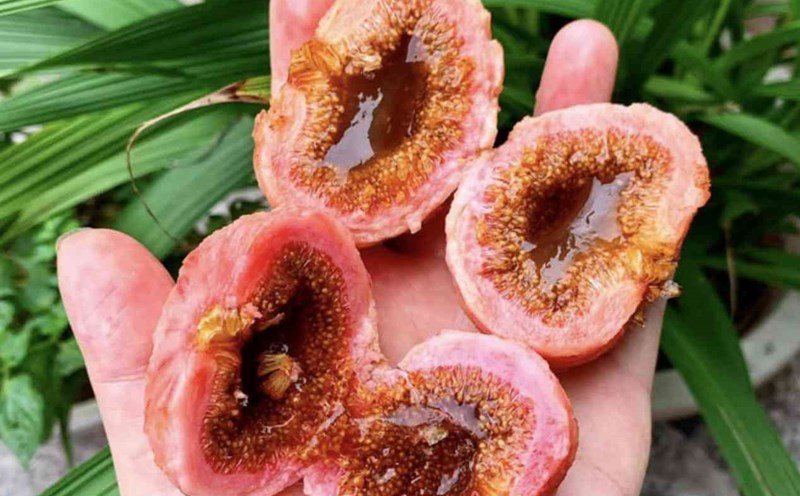What causes hemorrhoids during pregnancy?
According to a study published in BMC Gastroenterology, the incidence of hemorrhoids during pregnancy ranges from 25-35%. In some cases, the incidence can be as high as 85%, especially during the second and third trimesters.
“Hemorrhoids are particularly common during pregnancy, mainly due to the increased pressure that the growing uterus puts on the pelvic area,” says Dr Sushma Dhaka Singh, Consultant Obstetrician and Gynaecologist, Manipal Hospital, Kharadi, Pune. “This additional pressure can restrict blood flow and cause the veins in the rectal area to dilate, making them more prone to swelling. As a result, hemorrhoids are particularly likely to develop during the second and third trimesters, when the growing baby puts additional pressure on these veins.”
Hormonal fluctuations during pregnancy also contribute to the problem. Increased levels of certain hormones, such as progesterone, cause blood vessels to dilate, increasing the risk of hemorrhoids becoming enlarged and possibly worsening them. Constipation during pregnancy can also make the condition worse.
Lifestyle changes that can help relieve hemorrhoids
“Pregnancy-related hemorrhoids can be avoided or reduced by eating a balanced diet rich in fiber-rich foods such as fruits, vegetables, and whole grains,” says Dr. Singh. “This reduces the risk of constipation, which can aggravate hemorrhoids. Additionally, drinking plenty of water softens stools, which improves bowel movements.” Regular exercise such as walking can reduce venous pressure and improve blood circulation.
Pregnant women should rest frequently and avoid standing or sitting for long periods to reduce pressure on the pelvic area. Practicing good hygiene practices can also be beneficial, such as avoiding sitting for long periods or straining when going to the toilet.
Home Remedies to Relieve Hemorrhoid Symptoms
- Apply ice pack to affected area
- Soak in a warm bath
- Drink enough water
- Use topical medications, but you must consult your doctor before using them.
“If a pregnant woman experiences severe pain, bloody stools or discomfort from hemorrhoids that do not improve with home treatment, she should seek medical attention,” concludes Dr Singh.











